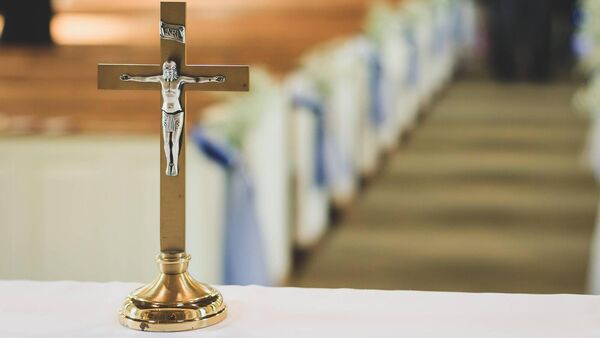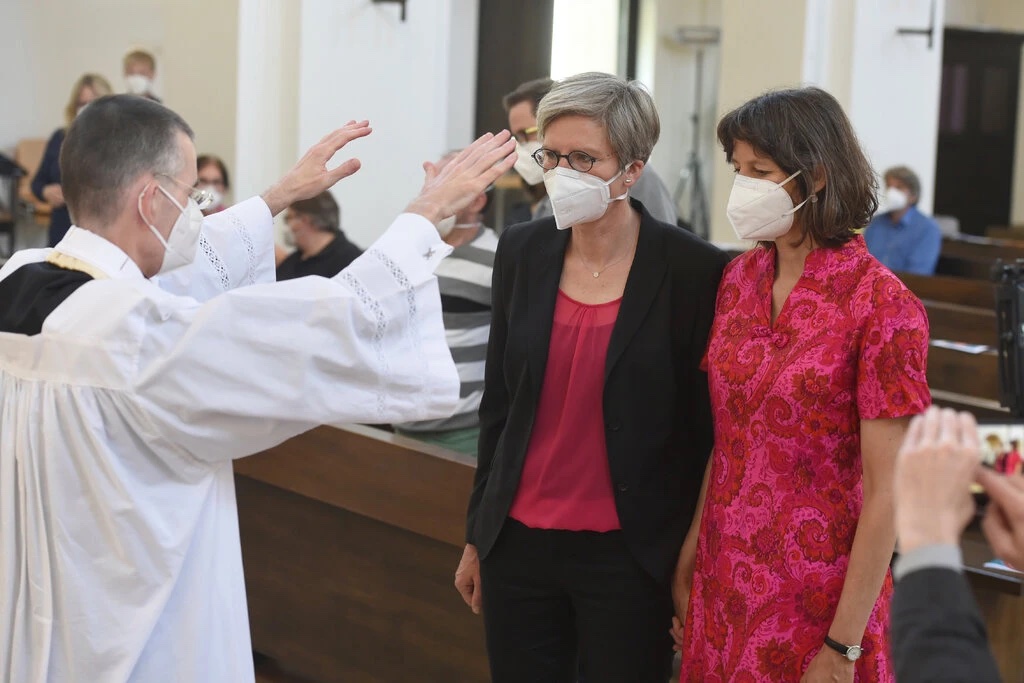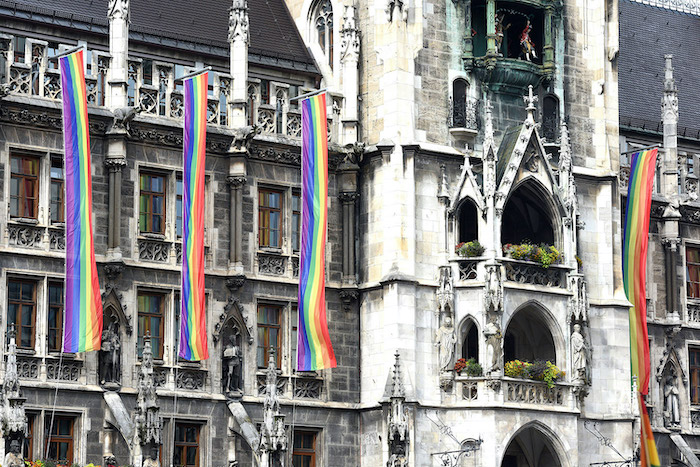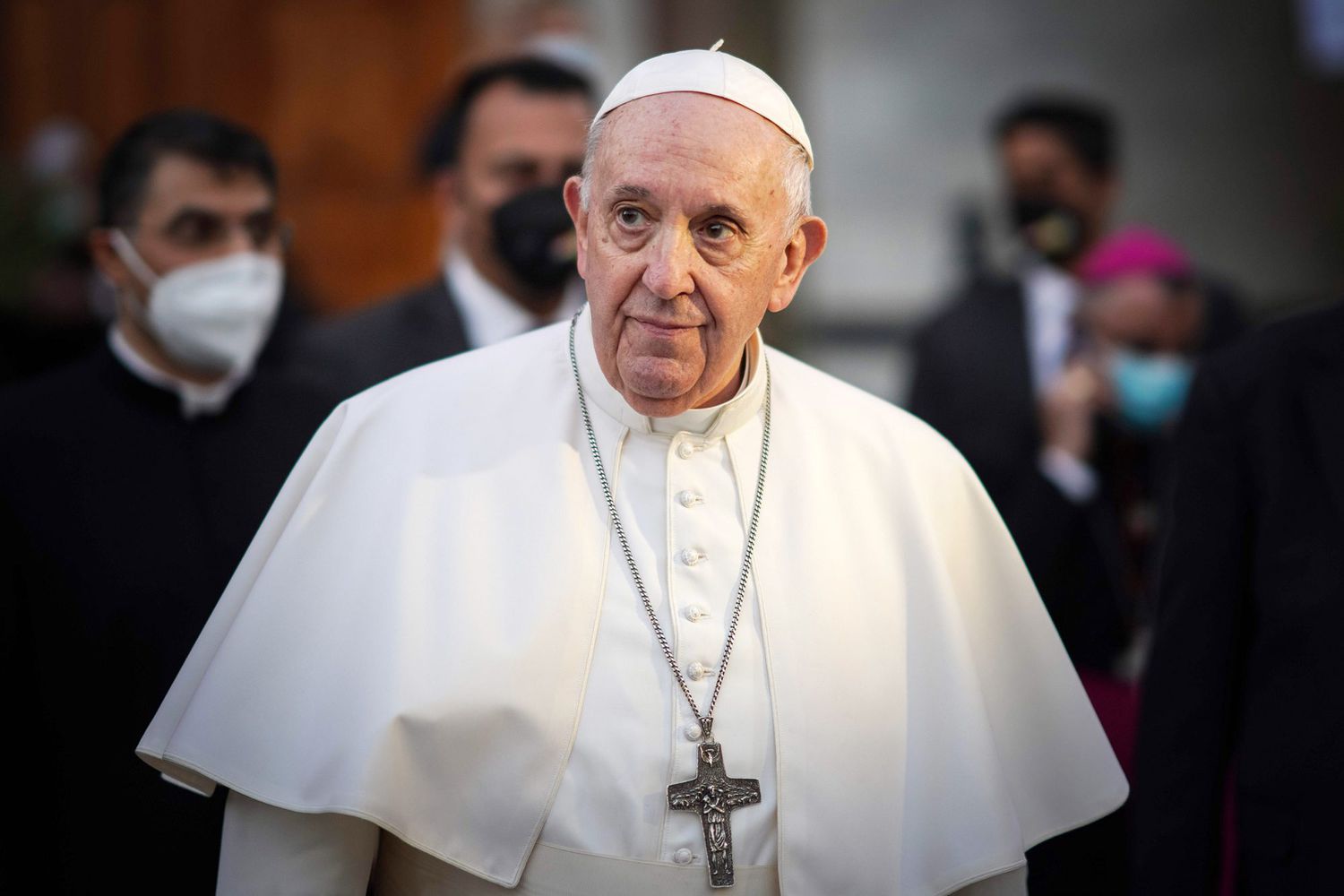Analysis: there are around 400 women across the island of Ireland ministering in Christian churches as their main life choice
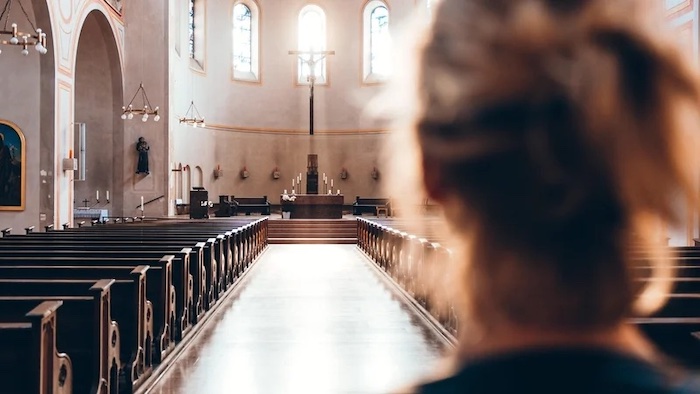
The decline of the Catholic Church in Ireland has included a steep drop in vocations to the priesthood. While Ireland once exported its surplus of priests across the world just 13 men began training for the priesthood here last year. Added to that, the average age of priests is 70. Many parishes are staffed by elderly men who would be enjoying retirement in other professions.
Priestly vocations have often been described as a ‘calling’. Is there something about this secularising island, including the impact of clerical abuse scandals, that makes God’s voice hard to hear? Research points to a counter-narrative, one in which some people believe that God still speaks. Anne Francis’s study of women in ministry in Ireland was simply titled Called to emphasize women’s deep conviction that they were responding to a supernatural prompting to serve.
It is a conviction shared by Soline Humbert, who has felt called to the priesthood since she was a student at Trinity College Dublin in the 1970s. While she quietly stifled her call for decades, she celebrated her first public Eucharist 25 years ago – without, of course, the blessing of the Catholic Church. Humbert’s decision to defy official Church teaching was in part stimulated by a 1994 apostolic letter from Pope John Paul II which condemned even discussing women’s ordination. Hopes that Pope Francis would be more open to women’s ordination have not materialized. “It was a big relief when I could be open about [my vocation]”, said Humber. “Before, it was like being in a tomb – gradually you end up dead inside.’
John Paul II later said that those who continued to discuss women’s ordination ‘were effectively excommunicating themselves’. But women around the world have continued to hear a call, with growing numbers organising their own ordinations, celebrating Eucharist and taking responsibilities for parishes, building thriving ministries despite their excommunication.
Across the island, there are around 400 women ‘ministering as their main life choice’, including Protestant clergy, Catholic Religious and laity with formal roles in church structures. While these women reported feeling fulfilled by their calling, 70% across all Christian traditions believed gender issues had negatively impacted their life or work.
Almost all Catholic women thought that a patriarchal Church culture prevented women’s ordination and felt their contributions to ministry were not valued by authorities. Similarly, some Presbyterian clergy believed the validity of female ordination was under attack by conservative elements in their church. Between 2013 and 2020, Rev Dr Stafford Carson, who opposes women’s ordination, was principal of Union Theological College, where ministers for the Presbyterian Church are trained.
Female clergy in the Church of Ireland and Methodist churches were most likely to feel valued. But women remain under-represented among their clergy and in positions of leadership. Pat Storey, Bishop of Meath and Kildare, is the only female bishop in the Church of Ireland; while Rev Dr Heather Morris, a former President of the Methodist Church, serves as the church’s General Secretary. A study found that while 20% of clergy in the Church of Ireland are women, they are less likely than their male counterparts to be employed as rectors of a parish and more likely to be serving in part-time or non-stipendiary posts.
Honouring the contribution of women?
In March 2021, the Irish Catholic Bishops Conference announced a ‘synodal pathway’, which will lead to a National Synodal Assembly in the next five years. Pope Francis has enthusiastically promoted synods as mechanisms for the Church to discern the will of the Holy Spirit, including contributions from lay and ordained.
As part of the process, the Bishops Conference has identified seven areas for ‘listening to what the Holy Spirit is saying to the Church in Ireland’, one of which is ‘honouring the contribution of women’. Dr Nicola Brady, a lay Catholic who as General Secretary of the Irish Council of Churches is responsible for administering the island’s national-level ecumenical structures, has been named chair of the synodal steering committee. Her appointment reflects her expertise – and raises expectations that the synod will take women’s perspectives seriously.
Women’s inclusion is an urgent issue. While women are more likely to be regular churchgoers and pray more often than men, they feel undervalued by the Catholic Church. A study found that a stunning 74% of Irish Catholic women believed that the Church did not treat them with ‘a lot of respect’, compared to just 6% of Protestant women. It also found that 84% of Catholic and 95% of Protestant women were in favour of female clergy.
Former President Mary McAleese has captured the mood, describing the Catholic Church as ‘a primary global carrier of the virus of misogyny’. A 2018 poll found that 55% agreed with McAleese that the Church does not treat women equally and 62% agreed with her support for the ordination of women.
But dreams that the synod’s pledge to ‘honour’ women might extend to consideration of women’s ordination are likely to be misplaced. Pope Francis has been very clear that synods are not instruments to change church teaching, but rather to apply teaching more pastorally. It is not yet clear how conversations about women will be framed by the synod. Regardless, the women who feel ‘called’ will continue to bear witness to what they regard as the voice of God.
Complete Article ↪HERE↩!





